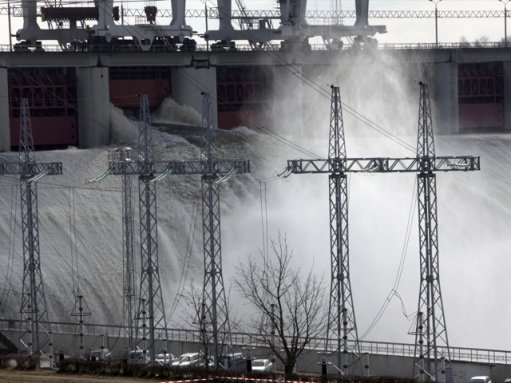
Ethiopia has unveiled plans to invest in a new hydropower project in a bid to become an electricity powerhouse in the wider East African region.
The country has contracted Italian engineering company ELC ElectroConsult to undertake prefeasibility and feasibility studies for the Tams hydropower project.
The project, the latest in a stream of mega hydropower projects the country is implementing, will have a capacity of 1 060 MW.
The planned Tams hydropower project will be built on the in the Baro-Akobo river, between the towns of Bonga and Gambella, some 766 km west of the capital, Addis Ababa.
ELC ElectroConsult will partner with State-owned Water Works Design & Supervision Enterprise (WWDSE) to undertake the studies for the project.
ELC ElectroConsult, whose core activity is the study, design, construction and management of dams, hydraulic structures and hydro- electric and multipurpose projects, is not a newcomer in Ethiopia, having undertaken several projects, including the supervision of the Gilgel Gibe I and II hydroelectric projects. It is currently supervising the ongoing Gibe III and Grand Renaissance dam projects.
The award of the contract came only days after Ethiopia and Egypt settled a simmering confrontation over the $4.8-billion Grand Renaissance dam, which is being constructed on the Nile river. The project will have a capa- city of 5 250 MW.
In June, Egypt threatened to go to war with Ethiopia over the dam, which Egypt says will threaten its water security. Ousted Egyptian President Mohammed Morsi warned his country was ready to confront any threat that would endanger its water security. Egypt derives about 90% of its water requirements from the Nile. The issue was resolved after the two countries agreed dialogue was the best option to resolve the standoff.
Over the next decade, Ethiopia aims to invest a staggering $12-billion in power projects that will generate 20 000 MW. This will enable the country to achieve energy sufficiency and export to neighbouring countries.